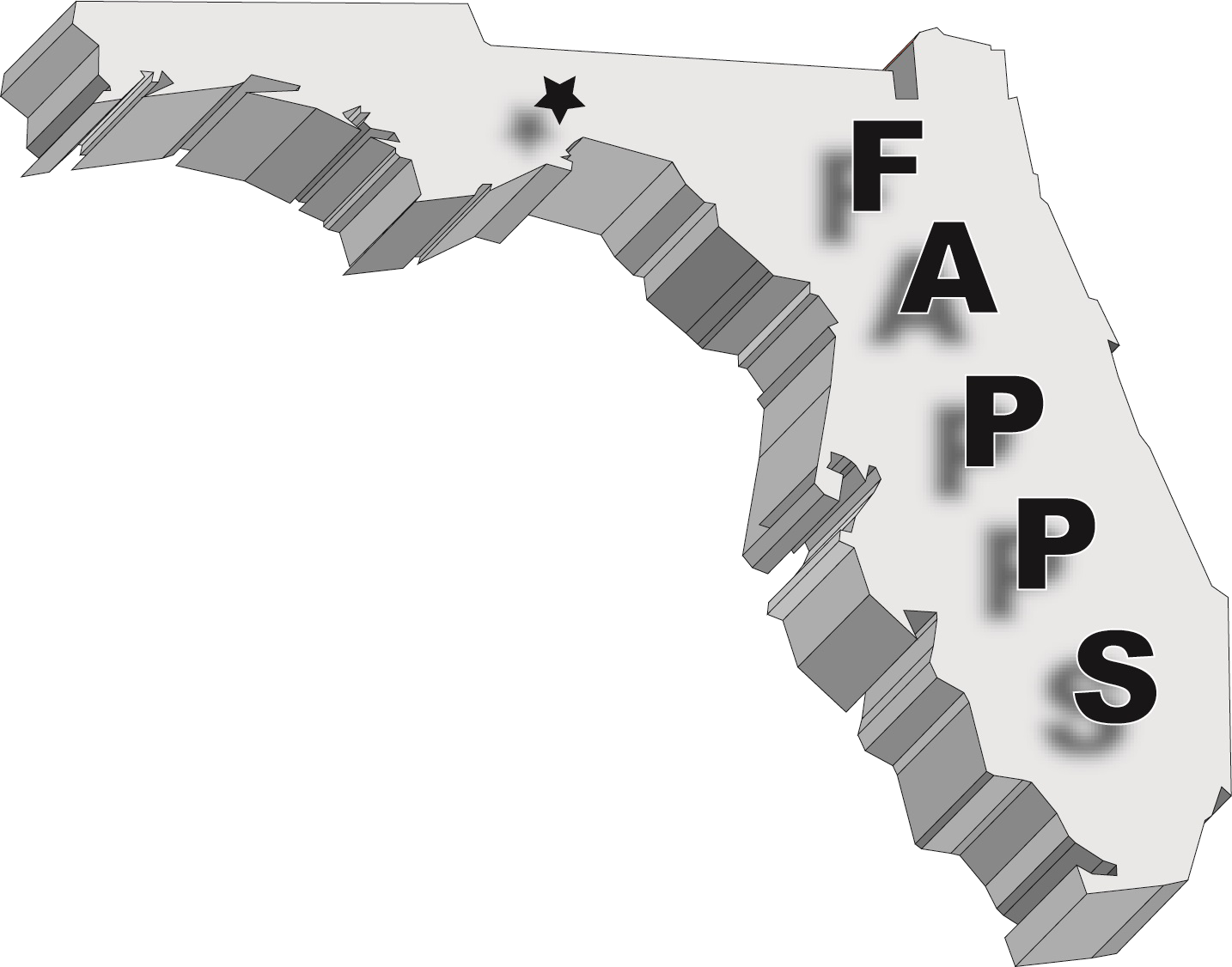New York City Rule changes, Simplify or Shifty

Things are going on in the City of New York that will affect the service of process Nationwide.
Facts:
- New York City is the biggest and most litigious city in the country.
- New York City is the most regulated city when it comes to service of process.
- Process servers in the city of New York are fined more often than any other city in the nation.
- New York City receives more cases to serve both nationally and internationally than any other city in the nation. Millions of papers are received and served in the City’s five boroughs.
- Due to punitive fines, there is a continued decline in licensed process servers working in New York City and service in the City is harder to obtain and more expensive.
Some History
Annual audits on at least 20% of licensed process servers serving papers for the Housing court were mandated by the City Council in a political response to articles written in the New York Times “Unsheltered” which discussed the housing crisis and unfair treatment of tenants by landlords and attorneys. Described as the Lawsuit Mills the article went on to say ”because few lawyers are ever sanctioned the system creates an incentive to file as many cases as possible”. To be fair, there were abuses listed by the article against unlicensed servers or people pretending to be licensed servers.
At that hearing there was:
- Evidence presented by Casey Adams, at the time he was deputy director City Legislative Affairs, NYC Consumer Affairs (DCA) indicated that audits previously run on process servers and fines imposed were for record keeping infractions.
- Evidence presented by NYSPPSA showed that improper service was not being committed by licensed process servers, but rather by unregulated servers and landlords and as indicated by the Times articles instances of fraud or bad service were acted upon by the systems already in place.
- The facts showed and the DCA agreed that there were very NO instances of traverse hearings which showed improper service, or decisions against licensed servers in Housing Court.
- NYSPPSA suggested in writing, which was later implemented by the city, that notice be given to tenants in Spanish and English that the demand letters were the start of litigation and that they could seek attorney assistance through advocate agencies.
In spite of all the above, the city needed a scapegoat so, instead of fining landlords or attorneys for their bad practices, they chose to fine process servers for doing their jobs properly. Hard to grasp the logic.
The result: The DCWP (formerly DCA) started auditing process servers and this is what they found:
- Few instances of improper service but minor recordkeeping errors, like a missing or incorrect ZIP Code or writing “cap” instead of a hair color when the hair color of the recipient was covered.
- We’ve seen fines from $1500-$25000 because of these audits. FEW of them with improper service. But when you can accrue a fine of $750-$1000 for any single missing ZIP Code or typo it’s easy to rack up the big numbers.
- The result of course is hours and hours of time spent negotiating with a DCWP/DCA to try to get fines reduced.
- The most disturbing result was that good servers, who can’t afford attorneys, are leaving the industry because ”it’s just not worth it anymore”.
The Present: What is happening now
- Many of you already know that a bill was passed in New York State changing the General Business Law. This rule change offers options for record keeping. Servers may handwrite a logbook to keep track of their service and use digital record keeping or only use the digital record that is mandated by the city rules established in 2011 and 2012.
- The former Dept. of Consumer affairs (DCA) has changed its name to New York City Department of Consumer and Worker Protection (DCWP). On July 13, 2022, DCWP announced by email, a proposal of rule change. Rule Full Text
- The purpose in proposing the rule change is cited “to implement the amended General Business Law and streamline Process server and Process Server agency requirements for the content, storage, retention, and production of records and electronic record“ by repealing the previous rules
So what about these rules changes, are they simply to implement the amended general business law, or are they something else?
This is a 22 Page document filled with:
- Definitions
- Mandated fields of information
- Mandated ways to input information
- Mandated requirements of what the information needs to hold
- Open ended time periods for audits
- Mandated fines starting at $ 750 per infraction
It starts with 2-231- 2 Definitions.
The comments have been that these lack clarity and show a lack of understanding of NY State Law and set aside New York State Case Law Precedent.
To name just a few that have been cited:
- Personal service is confused with personal delivery in the NYC version.
- Attempts to define Agency Service CPLR 308.3, which is a rarely used statute. NYC would require research on the part of the server to be able to identify who is actually an agent (which is not the server’s job). Additionally, NYC seeks to mandate that name and titles which are routinely refused are required. How do process servers who have no power to demand information, deal with this common issue?
- Mixes up the CPLR with the RPAPL in substituted and conspicuous service rules.
- Applies the term “chronological” which was meant to be applied to the handwritten logbook, to the uploading of digital records. This would result in delayed workflow and forcing process servers to remain in possibly dangerous and combative situations by requiring them to remain at locations after the services are completed.
It goes on to section 2-233 Records –
DCWP fines for recordkeeping errors so we question the mandates in this section to name just a few ie:
- VII. The Name of the recipient must be entered last name, first name, will a fine be issued if you only get an initial for the last name. Will Jane or John Doe no longer be acceptable?
- IX. The time must be entered in Military time (who thinks in military time???)
- XIII. Mandates the full index number be entered as XXXXX/XX – with 62 counties in our state and various District Courts, Town Courts, Justice Courts etc., all of which have their own method of formatting index numbers, this is IMPOSSIBLE to comply with.
- Additionally mandated in this section is that even if the court or attorney has not put a prefix on a document, the server has to figure out what the appropriate prefix is and enter it. The information in a caption is provided by an attorney or a court. Process servers are not attorneys and have no authority to do this. NYC could instead mandate that the index number on the document be put in the record.
- XVI. Again Mixes conspicuous service from the RPAPL735 which asks for a description of the door, with requirement CPLR 308.4.This mandate requires not only a description of the Door and adjacent area, but the position of the door in relation to steps and elevators and doorstep, color and composition of walls and floors. (Wouldn’t it be better to require GPS photo of the posting on the door)
- XVII. Requires that if the process server serves under RPAPL via suitable age or conspicuous service, the server must input the registered or certified mail receipt no. Since there is no rule that the process server does the mailing and they have to be done on a strict 24hour time frame, many agencies or attorneys do the mailings. It makes no logical sense that the server be responsible to input this information at the time of service. The server would not even have the number at this point even if he/she was doing the mailings. This is an illogical requirement.
- XVIII Requires that if an affidavit is filed with the court the server must input the file date in the record. We see no reason for this being mandated because servers seldom file affidavits especially with new e-filing rules.
Just a side note: Some of this may require serious updates and adjustments by the third party so that the process server can comply, as he/she obviously cannot enter something that is not programed to present in the way the DCWP is demanding, or in the additional manner which the documents must be able to be retrieved.
Another change that is being questioned comes under D (2) Integrity of Record:
This starts out with maintenance by the third-party provider to provide tamper proof records, but ends with how to deal with a typographical error. Only the process server who attempted or effected the process may request that a third-party contractor make an amendment to a record of service.
First: this conflicts with the mandates above in XVII and XVIII since how can a server input information that is acted upon after the date of service if he cannot even make a change in the record.
Second: With few third-party providers serving the industry, how will they efficiently deal with multiple server and minor typographical errors??? This is troublesome on many accounts:
- Additional errors caused by misunderstanding
- Delays in being able to create Affidavits
- Privacy Policies in place with 3rd parties
- Liability issues for the 3rd party
2-235 Preparation of Affidavits: goes hand in hand with the above
- The section reads: No licensee [shall] may sign or notarize or cause to be signed or notarized an affidavit of service until all factual averments have been set forth. The licensee must not make a false statement in an affidavit of service. Again, we question why this has been added, especially since, by their own admission, and despite great scrutiny, very little improper service has ever been found.
- An affidavit by its very nature has been held to be Prima Facie evidence that service has been effectuated. It is sworn to under penalty of perjury by the act of being notarized.
- Is the new language going to be used to malign honest mistakes, that have no bad intent?
- Is DCWP saying that a typo on an Affidavit is a false statement and can be fined?
- Would an amended affidavit of service be considered a false statement?
Mistakes happen and affidavits are often amended to change a typo or add information that an attorney wants to present in court. What are the long term effects that this policy would have on an attorney’s case? Could it cause a defect in service?
One of the most controversial changes has to do with section 2-240 Audits:
Any responsible person working in a field where integrity is the key ingredient, can appreciate a system of checks and balances. However, the DWCP is supposed to be regulating against improper service and protecting the public while doing so. After two years, found problems have come in the form record keeping issues, NOT improper service.
Section A :
Eliminates the 2-month cap on the period of time that can be audited
This elimination is very troublesome. This leaves open for a much larger range of records to be reviewed and puts a terrible burden on the person under audit, which will result in a loss of revenue and frankly the loss of process servers who will just give up in face of this burden. This is a process server shortage waiting to happen.
Then we get to Section 12, the most egregious section, which deals with the penalty schedule.
The DCWP puts in writing the fines one can be expected to pay. Seeing this presented in writing is intimidating, to say the very least. It prices each violation (typo, transposed zip code, or any other basic record keeping errors – this is each error so, transpose on three defendants at the address and get fined $2100 or more):
1st violation $750
2nd violation $900
3rd and subsequent violation $ 1,00
- Despite the fact that Process servers are mandated by law to protect due process.
- Despite the fact that they are out in the field serving the community in all types of weather through COVID, facing irate consumers who are more likely to push them down the stairs than thank them.
- Despite the fact that the 8th amendment of the Constitution reads that Excessive bail shall not be required, no excessive fines imposed, nor cruel and unusual punishment inflicted.
- Despite the fact that these errors are human error, without malice or intent to defraud.
- Despite the fact that we have argued and reached out to the DCWP and the City Council to reconsider the amount of the fines to be more in keeping with the errors and not so punitive.
- Despite the fact that the fines represent a substantial portion of the income earned.
- Despite the fact that The DCWP knows these fines are causing people to leave the industry.
- Despite the fact that no improper service is found.
- Despite the fact that this intimidation of process servers is causing more unregulated process to occur in the city.
What the City and the DCWP is doing unquestionably is excessively fining an industry for record keeping infractions, which have no relation to the value of the error and destroying businesses and lives. These fines are so intimidating that process servers and agencies will not publicly speak out about this, in fear of being audited and fined huge, punishing fines, for making human errors in record keeping. The DCWP renamed itself the Department of Consumer and Workers Protection. Do you see them protecting the workers in the Process Server industry?
So do you believe the purpose set forth in the proposal or do you believe something else is going on here?
- What happens to all those papers coming into the city to be served when there is no one left who knows how to do the job?
- What happens to when no one is left who understands the rules of service?
- What happens to when no one is left to serve with integrity?
- What happens when no one is left to protect the consumers rights to due process?





